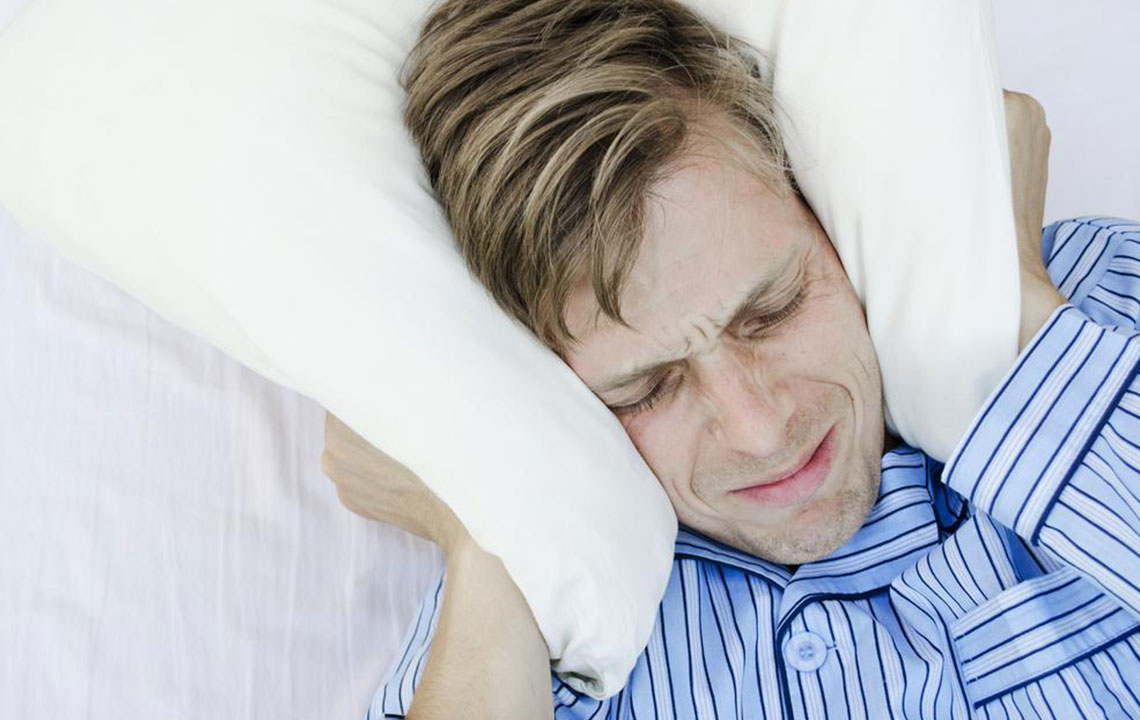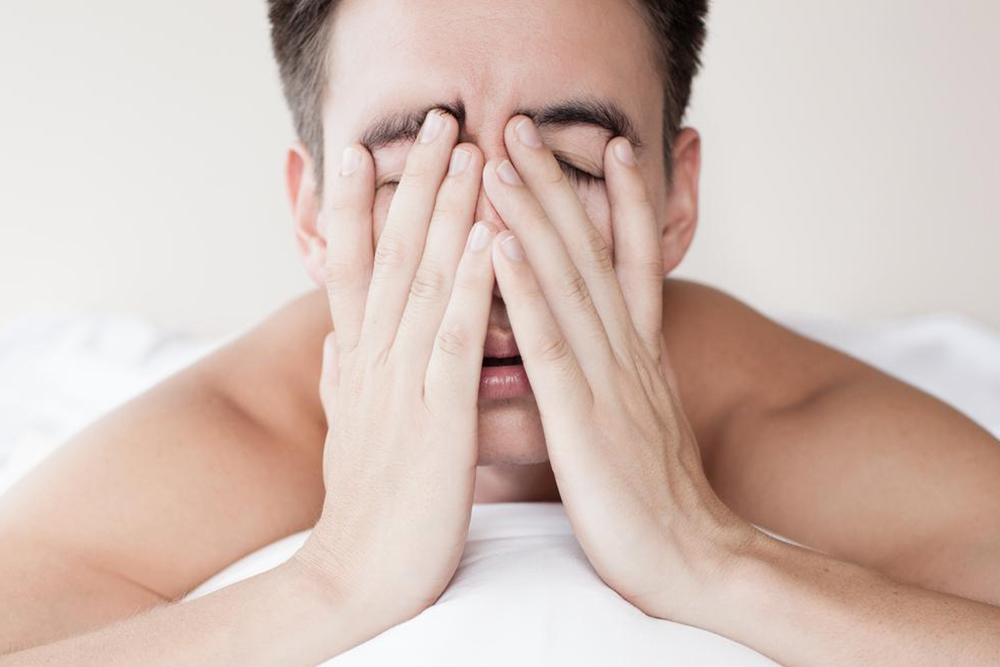Effective Self-Help Strategies for Sleep Disorder Discomforts
Discover practical self-help tips to manage common sleep disorder discomforts. Establish routines, limit screen time, and create a relaxing sleep environment to improve sleep quality. For persistent issues, consult a healthcare professional for personalized treatment options.

Effective Self-Help Strategies for Sleep Disorder Discomforts
Achieving restful sleep is essential for overall health, yet many struggle with sleep issues like insomnia, snoring, or sleep apnea. These conditions can lead to daytime fatigue and other health concerns. While serious symptoms may require medical attention, several self-care tips can improve sleep quality at home.
Establish a Consistent Routine
Creating a regular sleep schedule helps regulate your biological clock. Going to bed and waking up at the same times can alleviate many sleep problems. Incorporate relaxing activities before bed, such as listening to calming music, reading, or taking a warm bath, to facilitate easier sleep.
Limit exposure to electronic devices before bedtime, as screens emit blue light that hampers melatonin production, disrupting sleep patterns. Keep devices away or turn them off at least 30 minutes before sleeping, and avoid using computers, tablets, or watching TV in bed.
Be mindful of evening meals: avoid heavy or spicy foods and restrict caffeine, alcohol, and stimulants at least three hours before sleeping, as they can interfere with sleep cycles. Create a cozy sleep environment by dimming lights and optimizing your bedroom setting for relaxation. Experiment with different sleeping positions if snoring or discomfort persists.
These self-care tips are beneficial for mild to moderate sleep difficulties. However, persistent issues should be evaluated by a sleep specialist to explore further treatment options.










